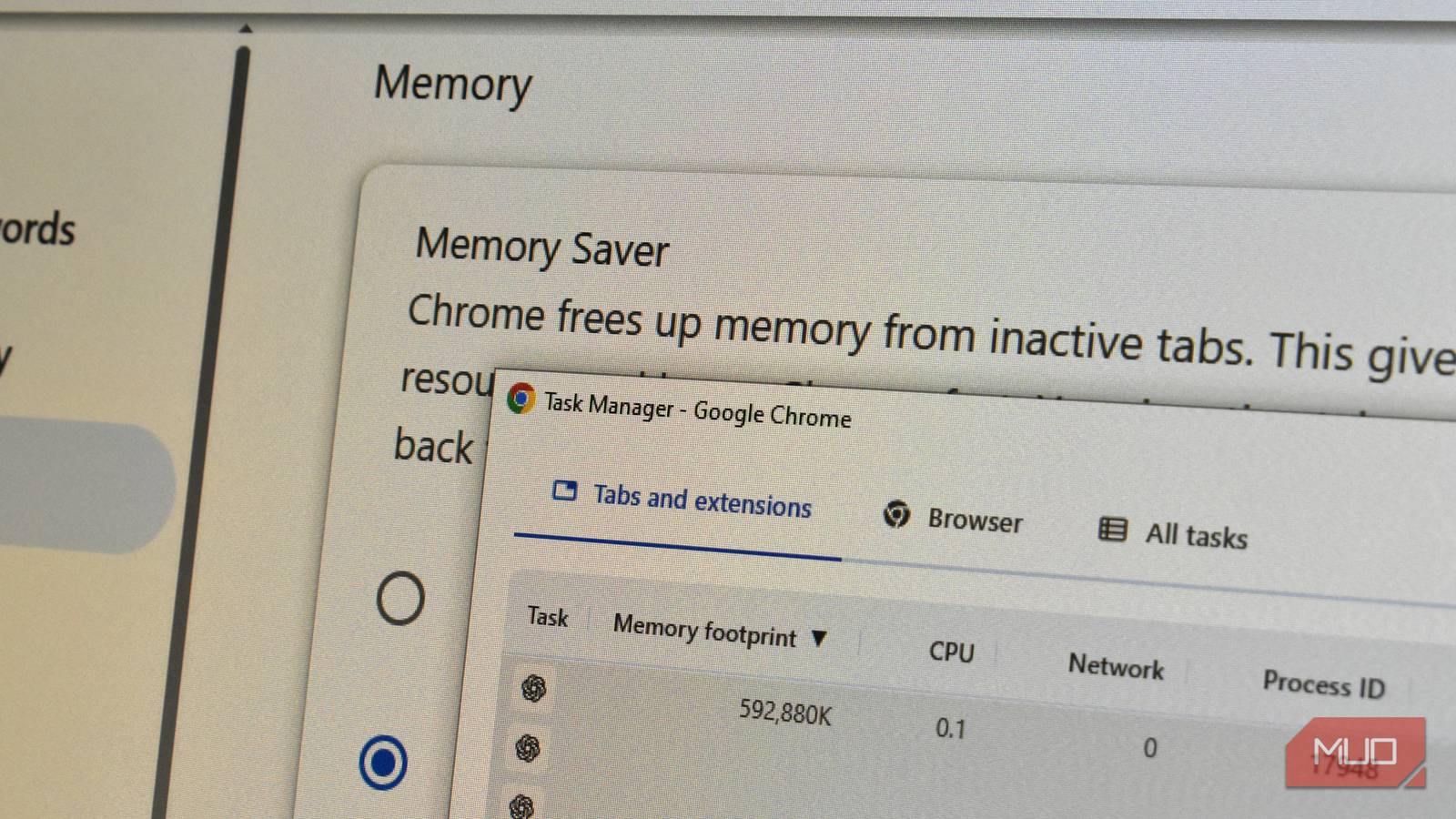The last thing one expects when you think about the digital security of the US Department of Defense is that part of the technical support passes through engineers that are on the other side of the world. But that is just what has been happening. A group of Microsoft workers based in China participated in assistance tasks linked to Pentagon contracts, under a remote supervision system. Now, after a revelation, that scheme no longer applies to defense contracts.
The cloud is not in heaven. Although it sounds ethereal, the cloud is very real. They are physical servers distributed throughout the world, managed by technological giants such as Microsoft, Amazon or Google. These companies offer remote access to infrastructure, platforms and applications through the Internet, which allows saving costs, operating from anywhere or climbing services in seconds. But that comfort implies a huge dependence on a few suppliers.
Azure not only serves private companies: it also manages government contracts, including the US Department of Defense. And here the technical support as a key pillar comes into play: people who resolve incidents, help with configurations and guarantee that everything works without interruptions. That was where the controversy we talked about today emerged: part of that support was lending from China.
A model that now makes noise. An investigation published by Propublic revealed more than the participation of engineers based in China in sensitive contracts. He uncovered an inherited system, designed more than a decade ago, which Microsoft used to meet the security requirements of the US government. These foreign engineers did not directly access the systems: their instructions were replicated by authorized personnel from within the country.

That model is known as “digital escorts.” In theory, it offered a protection layer. In practice, it opened the door to errors. Those who executed the orders – American employees with access – did not always have the necessary experience to understand what they were doing, according to the medium. In an environment of increasingly complex threats, that architecture has ceased to be a solution. Microsoft has decided to deactivate it.
Microsoft moves card. After the publication of the report, Microsoft soon pronounced. In a statement released by Frank Shaw, its communication director, the company announced an immediate change in its operations: no team based on China will return to technical support for the Pentagon and other sensitive federal clients. The measure directly affects Pentagon’s contracts and is presented as an adjustment to “guarantee security” in critical environments.

The company also insisted that its teams acted according to the protocols established by federal agencies. Even so, he promised to review his security procedures with his national partners. “We continue working to offer the safest services possible to the US government,” said Shaw. The language was diplomatic. The turn, not so much.
The Pentagon responds. The reaction of the US government was swift. The Secretary of Defense, Pete Hegesh, described the situation as “unacceptable”, stressing that such a system has no place in the current context of digital threats. This is an architecture inherited from the Obama era, he said in a video published in X, where he announced a complete review to detect if there are more similar cases in other technological contracts.
Another case on stage. The question about which suppliers deserve our trust does not end in Microsoft. In Spain, a contract awarded to Huaweipe to store judicial listening has caused diplomatic tensions with the US and Brussels. Both question if certain technological infrastructure should be in the hands of actors considered sensitive.
Images | WorldOfSoftware with Gemini 2.5 Flash | Microsoft
In WorldOfSoftware | The impossible challenge of China: becoming 100% of the West to have a bomb -proof chip industry












